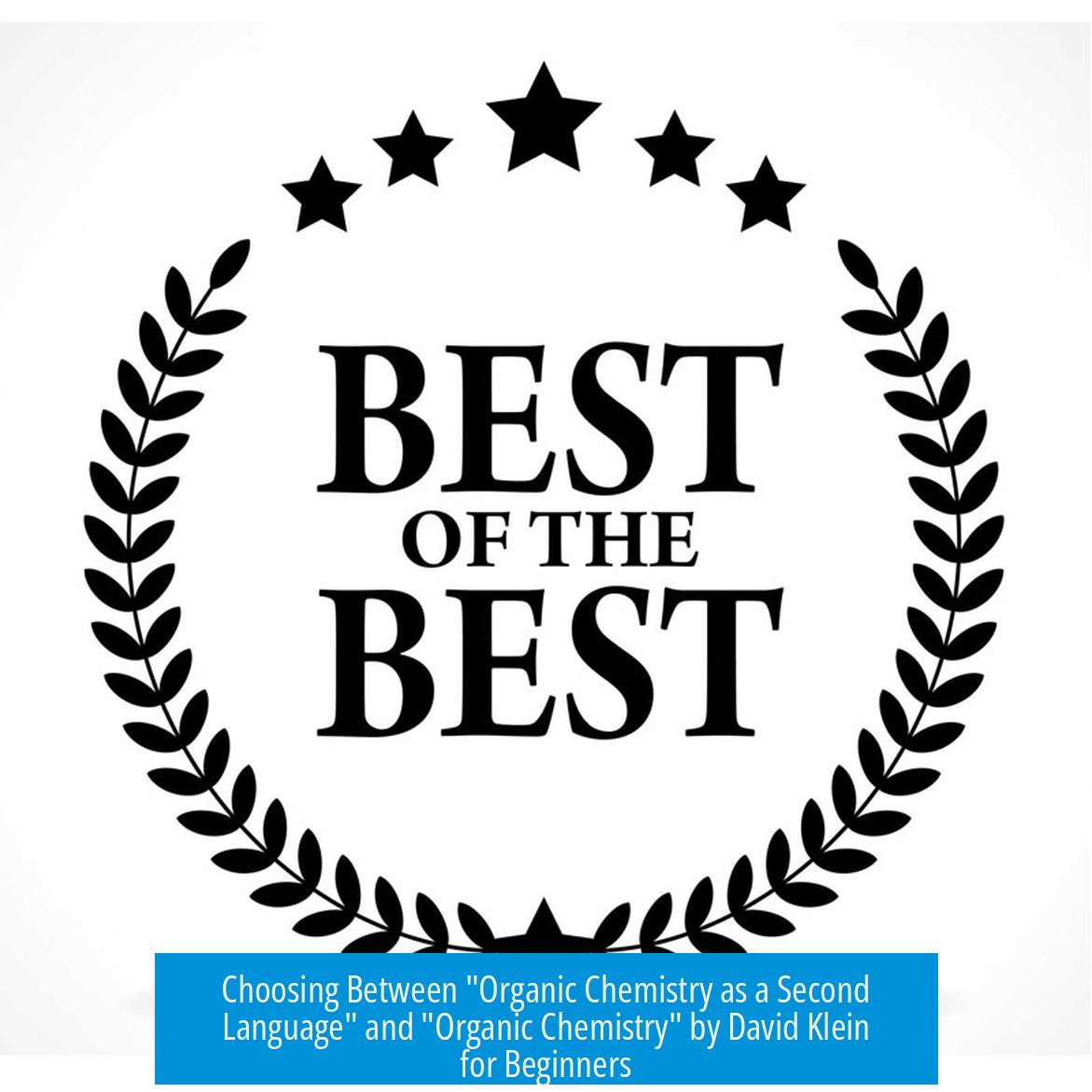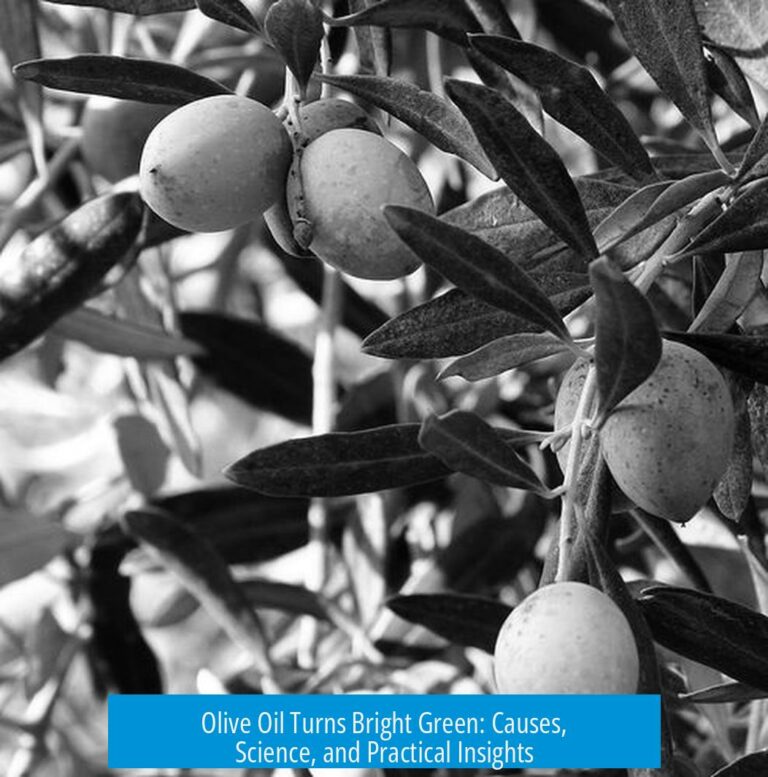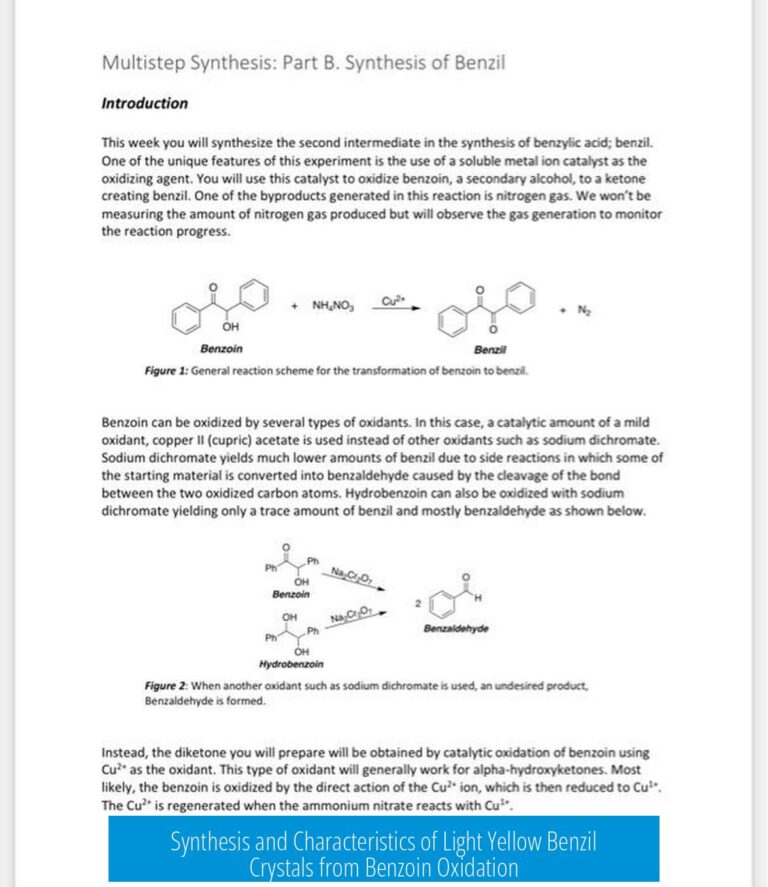Which Book to Read First: “Organic Chemistry as a Second Language” or “Organic Chemistry” by David Klein?
For someone new to organic chemistry, “Organic Chemistry as a Second Language” is the better starting point. It offers manageable content that simplifies first-semester topics and emphasizes understanding electron movement and reaction mechanisms over memorization.
Why Choose “Organic Chemistry as a Second Language” First?
- Focuses on core concepts like how electrons move and key reaction types.
- Provides clear explanations suited to beginners.
- Cheap and concise, making it easy to follow without overwhelming detail.
- Contains practice problems that reinforce learning.
Advantages of David Klein’s “Organic Chemistry” Textbook
This textbook delves deeper into theory and offers a strong foundational understanding of organic chemistry. It is well-written but has minor inconsistencies that are generally not critical to beginners.
- Ideal for students looking to explore theory beyond basics.
- Comprehensive coverage that supports long-term mastery.
Recommended Study Approach
Use both books in tandem for optimal learning:
- Start with “Organic Chemistry as a Second Language” to grasp fundamental ideas and reaction mechanisms.
- Follow up with Klein’s text for broader theory and deeper explanations.
- Practice problems and their solutions from both texts improve understanding.
Additional Tips for Beginners
- Avoid rote memorization; focus on understanding why reactions occur.
- Learn to draw and interpret electron movement arrows early.
- Study the four primary types of organic reactions and their logic.
- Consider exploring other authors like Clayden for alternate perspectives.
Key Takeaways
- Start with “Organic Chemistry as a Second Language” for approachable, clear content.
- Use David Klein’s textbook to deepen theoretical knowledge after basics.
- Combine both resources and focus on mechanisms, not memorization.
- Practice problems and solution sets are crucial for success.
- Alternate references like Clayden can provide helpful insights.





Leave a Comment